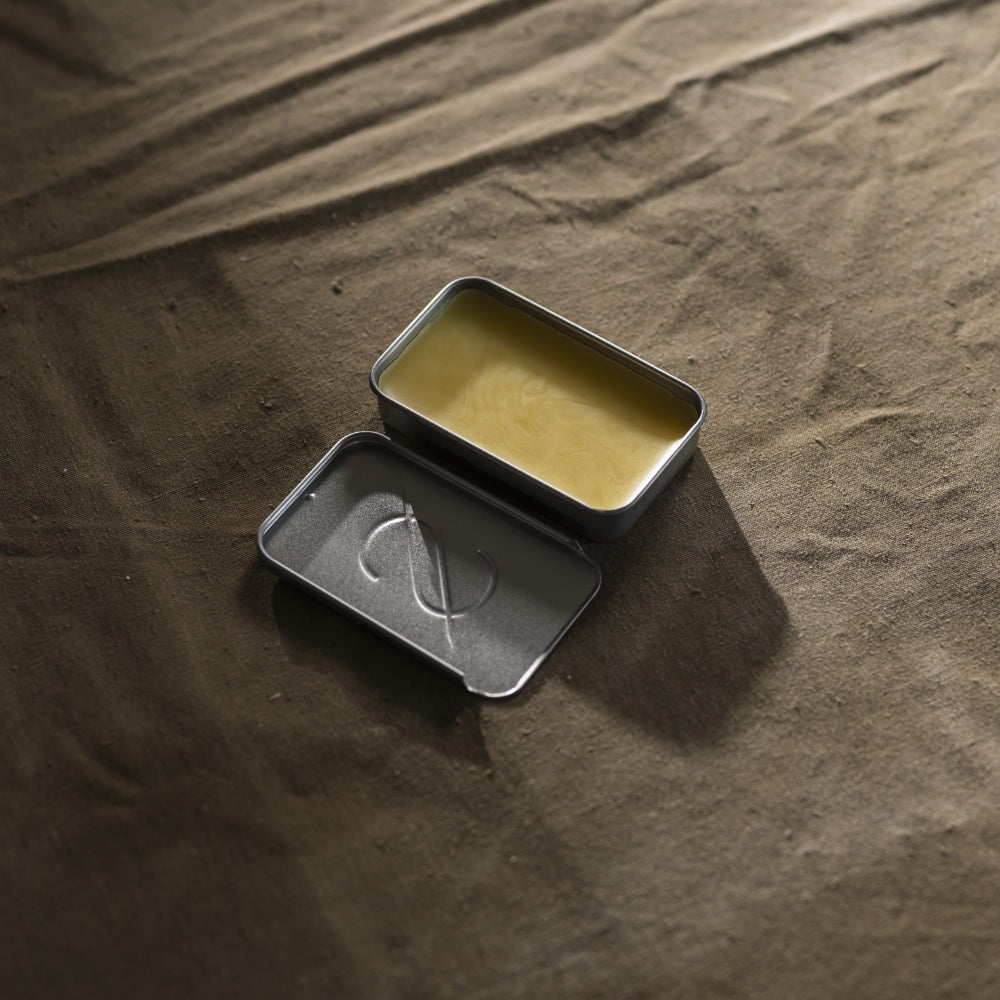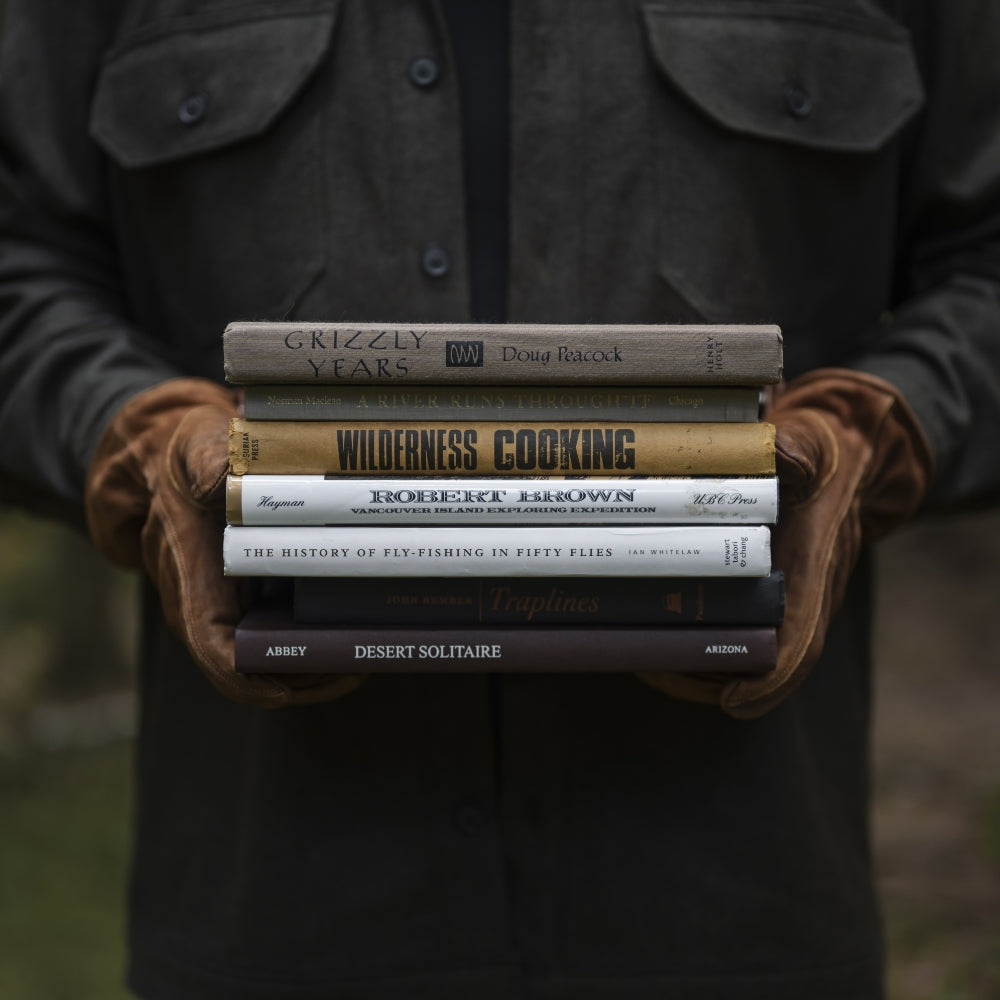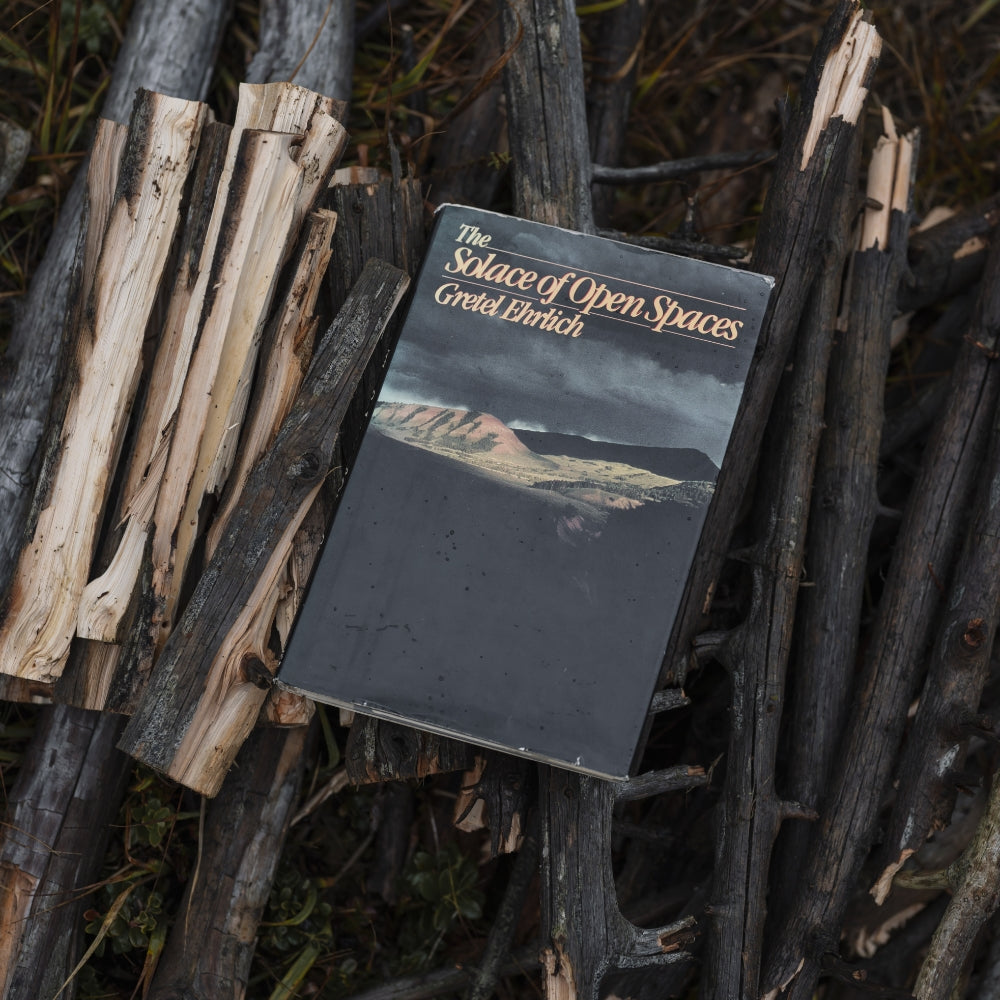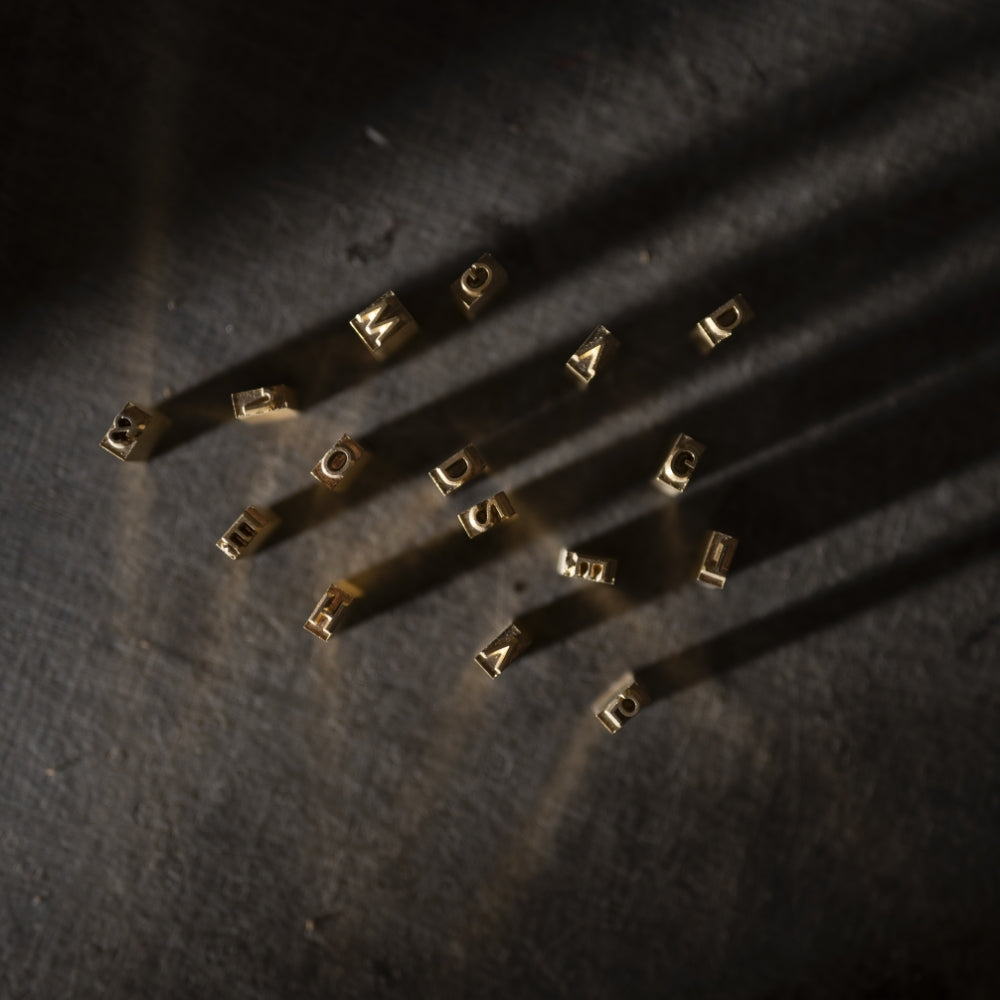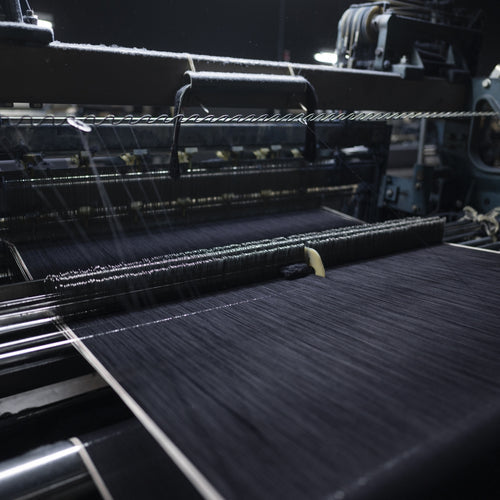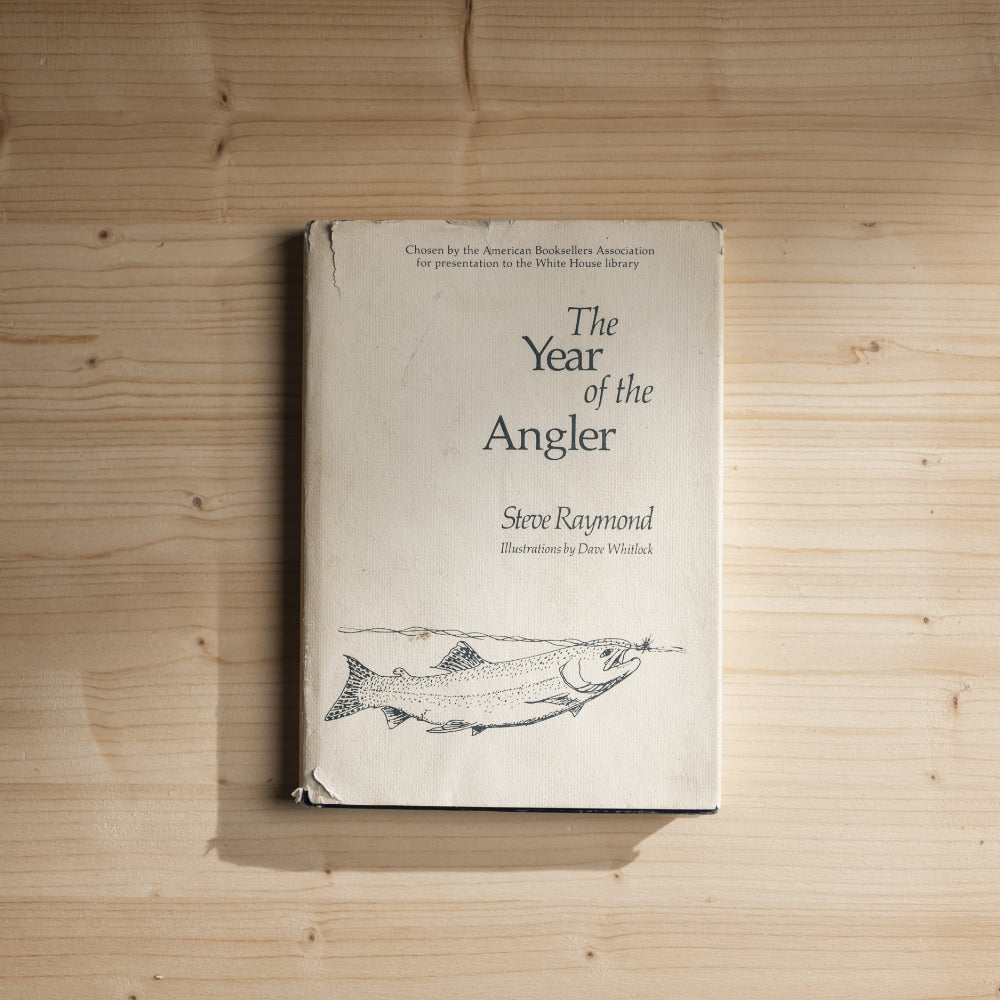Organic Cotton: The pure, breathable, regenerative material grown in harmony with the land
The story of cotton is deeply entwined with trade and conquest. This humble plant has been a cornerstone of human advancement, and suffering, offering comfort, durability and versatility. But somewhere along its journey, we lost our connection to the nature.
What is the Difference: Organic Cotton and Conventional Cotton?
The difference lies in the cultivation—the organic cotton is grown without chemicals and with crop rotation to prevent monoculture, ensuring every seed remains unmodified by genetic engineering. In the shadow of modern agriculture advancements lies a stark reminder of its toll: fields laden with synthetic pesticides and herbicides, landscapes where the harmony between people and land is strained.
History
Dating back to the Indus Valley civilization*, cotton has been cultivated for thousands of years, clothing both empires and commoners alike. First on the Silk Road, where it exchanged hands among merchants, reaching distant lands and connecting cultures. Then, accelerated by the Age of Exploration, with explorers carrying cotton seeds to new worlds, forever altering the landscapes and economies of the Americas.

In the late 18th century, Eli Whitney's cotton gin transformed cotton into America's top cash crop, revolutionizing the industry. Leading to extensive deforestation and soil depletion, underlining the environmental cost of industrial advancement.
Milenia later set a stage for sustainable farming—organic cotton began as a countermovement to the modern industrialization, which saw the heavy use of chemicals. Aiming for return to the age-old methods of growing cotton in harmony with nature. Countries like India, US and Kyrgyzstan became pioneers in this revival, recognizing the value of regenerative farming practices.
*The history of the domestication of cotton is not known exactly. Several isolated civilizations in both the Old and New World domesticated cotton independently.


Why to Choose Organic Cotton?
- Comfort - Organic cotton wraps around you like a dawn's first light. It is the solace you crave after navigating the day's adventures, a whisper of nature against your skin.
- Purity - Born from soil untouched by the chemicals of modern farming, organic cotton carries the essence of purity in every staple. It stands as a testament to what is right and good in the world, offering not just a piece of clothing but a piece of peace.
- Breathability - Organic cotton breathes with you, moving as you move. It is the cool touch in the heat of action and the soft presence in the calm of rest, maintaining your balance with the rhythms of your body and the world around you.
- Sustainability - Just as a forest thrives in balance, organic cotton represents a sustainable choice. It's cultivated in a way that replenishes the earth, ensuring that what is taken is given back, keeping the cycle of life unbroken.
- Durability - Despite its softness, organic cotton holds a strength that endures wash after wash. It’s the resilience of the natural world woven into the very fibers, ensuring that each piece lasts.
Organic cotton is as resilient as the fields it springs from, nurtured through generations of farmers who have toiled with the land, not against it. These crops have passed their own form of field testing through cycles of growth and harvest that echo the changing seasons and the diverse climates of the earth, from the fertile plains of India to the arid soils of New Mexico and beyond. But there is a story unfolding, a story rarely told; our journey took us to the Fergana Valley in Kyrgyzstan—a place of tradition, community and a deep connection to the land.


